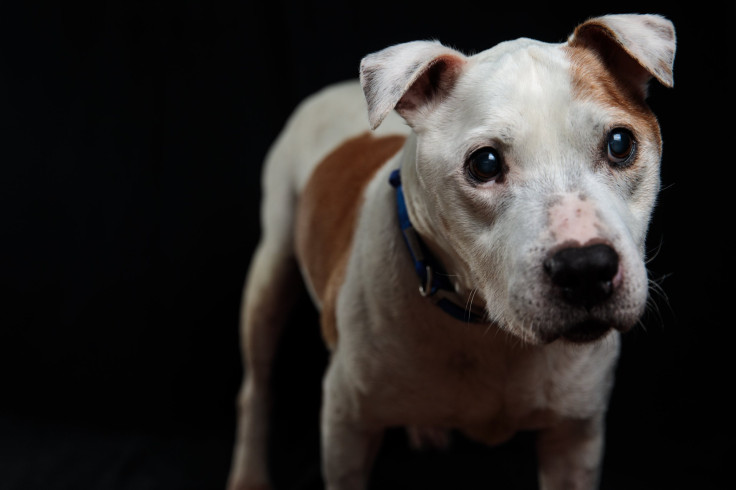Here's Why Dogs Chow Down On Poop, Research Says

A newly released study offered up a new explanation as to why dogs often eat fecal matter made by them or other dogs, which is a practice also known as canine conspecific coprophagy.
In a study published Jan. 12 to the "Veterinary Medicine and Science" journal, veterinary researchers from the University of California at Davis surveyed a large sample of dogs in an effort to determine the reasoning for such behavior. The researchers, therefore, conducted two web-based surveys that examined the habits of 3,000 dogs from their owner's perspective.
One survey evaluated coprophagic dogs and non-coprophagic dogs, whereas the second asked for owners of coprophagic dogs to provide feedback on their pet's behavior. Overall, the surveys found that 16 percent of dogs "frequently" eat other dogs' poop, with owners spotting such practices from their pets more than six times.
"Coprophagic dogs were as easily house trained as non-coprophagic dogs, suggesting a normal aversion to feces," the study read. "Coprophagic dogs were more likely to be reported as greedy eaters than non-coprophagic dogs. The coprophagy was overwhelmingly directed at fresh stools, defined as being no more than 2 days old."
Dogs' consumption of fecal matter has sparked an assortment of theories as to why it occurs, but Benjamin Hart, the study's lead author, wanted to conduct an adequate study to determine the exact cause. Hart believes the behavior stems from dogs' wolf-like nature, however.
"This behavior is very, very disturbing to dog owners and thus, veterinarians are asked frequently about why this occurs and what can be done to stop it," Benjamin Hart, the study's lead author, explained to International Business Times. "As a veterinary behaviorist, I decided it was time to collect enough data about frequently-stool-eating dogs to test some of the more common ideas. We found no indication that the diets of stool eaters were different than non-stool eaters, and no association with compulsive behavior."
"Important for our conclusion that the behavior reflects an evolved instinct from the wolf ancestor, is our finding that the stool-eating dogs overwhelmingly go for fresh stools and avoid older stools," Hart added.
The practice of wolves eating their bowels is more than 15,000 years old. When wolves relieve their bowels, they typically do so away from their dens as a way to protect themselves from intestinal parasite eggs that are inside poop, the Washington Post reported. If they are sick, however, wolves tend to defecate within close proximity of their dens.
This leads the wolf to immediately eat its own feces because it takes a few days for parasitic eggs to transform into infectious larvae, Hart said, according to the Atlanta Journal-Constitution. Therefore, the feces would be safe for consumption.
A study from 2009 also suggested that wolves select particular locations to defecate as a way to "maximize visual impact and odor distribution," according to Discovery News. This practice is deemed as "fecal marking."
© Copyright IBTimes 2025. All rights reserved.






















